Why Clean Condenser Coils Matter for Your Home Comfort
Condenser coil cleaning is essential maintenance that keeps your air conditioner running efficiently and prevents costly breakdowns. Here's a quick overview:
- What it does: Removes dirt and debris that block heat transfer.
- How often: At least once per year, or more in dusty environments.
- Why it matters: Dirty coils can increase energy use by up to 37%.
- Key benefits: Lower energy bills, better cooling, and a longer system life.
- When to do it: In spring, before the peak cooling season begins.
Nothing beats stepping into a cool home on a hot Pittsburgh summer day. But if your AC struggles, dirty condenser coils are a likely culprit. These coils release heat from your home, but when clogged with dirt, pollen, and debris, your entire system suffers.
Dirty coils force your AC to work harder, consuming more energy and stressing components. This leads to higher utility bills, poor cooling, and expensive repairs. Neglected coils can even cause compressor failure or a complete system breakdown.
I'm Bill Scott, general manager of Smart Climate Solutions. With 15 years in the HVAC industry, I've seen how regular coil cleaning prevents emergencies and extends an AC's lifespan. Let me guide you through keeping your system at peak efficiency.
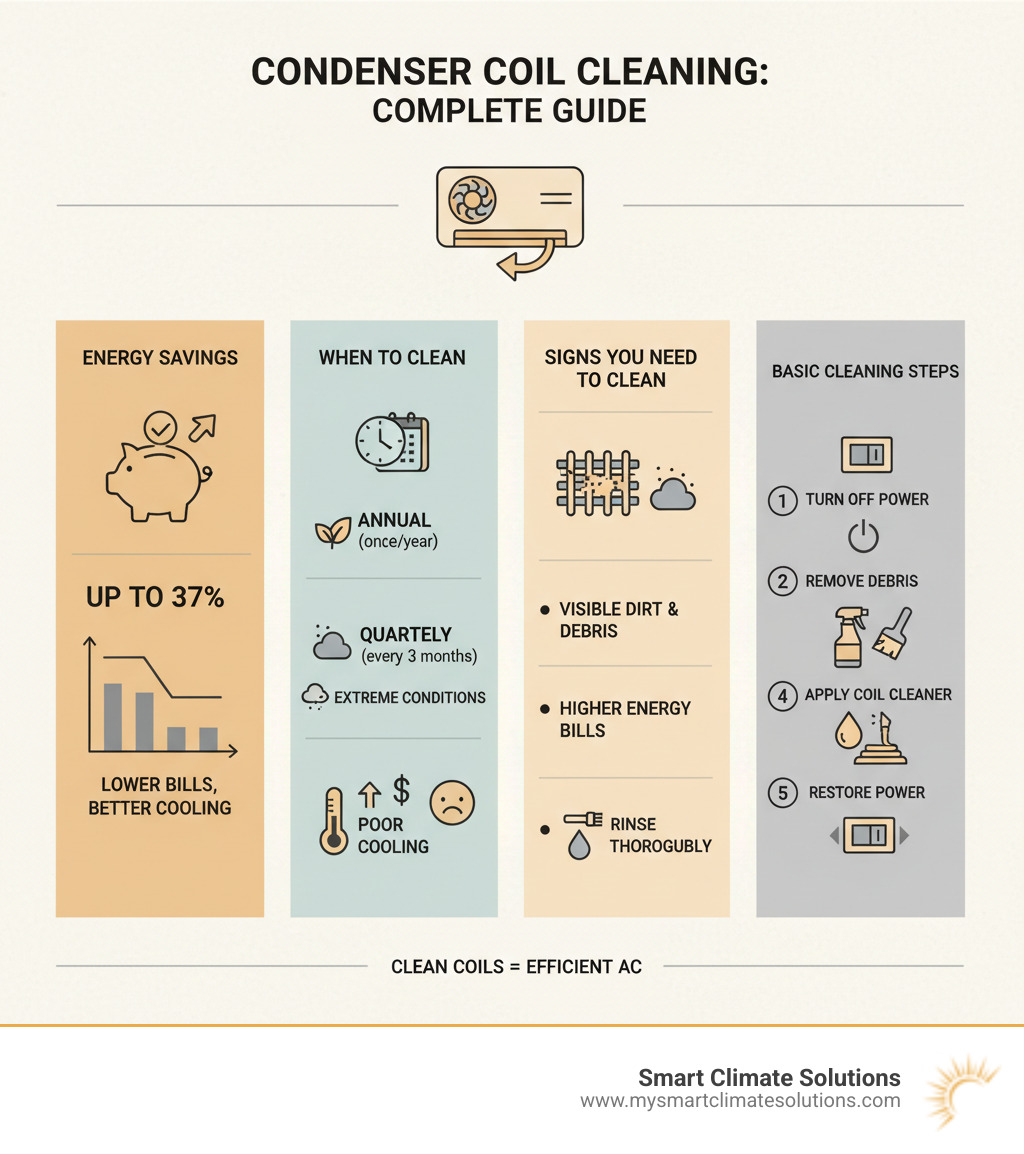
The "Why": Understanding Your AC's Coils and the Cost of Dirt
Your air conditioner is a heat-moving machine. It does not create cold air; instead, it captures heat from inside your home and moves it outside. This process relies on two sets of coils working together.
The evaporator coils are inside your home, absorbing heat and moisture from your indoor air. As refrigerant passes through, it turns from a liquid to a gas, soaking up warmth.
The refrigerant then travels to the condenser coils outside. Here, the compressor pressurizes the refrigerant, making it hot. The condenser coils act like a radiator, releasing this heat into the outdoor air. The refrigerant cools, turns back into a liquid, and returns inside to repeat the cycle.
The Dirty Truth: What Happens When Coils Get Clogged
When condenser coils are covered in dirt, pollen, and debris, they cannot release heat effectively. This grimy layer acts as insulation, forcing your system to work much harder.
The impact is significant: dirty coils can increase your energy consumption by up to 37%. Your AC runs longer and harder to cool your home, leading to several problems:
- Reduced Cooling: Your system struggles to transfer heat, so your home feels warm even when the AC is running constantly.
- Higher Utility Bills: The harder your AC works, the more electricity it uses. You pay more for less comfort.
- System Strain: The compressor-the heart of your AC-operates under extreme pressure. This accelerated wear can shorten its lifespan and lead to costly repairs. Other components, like the fan motor, also suffer.
- Breakdowns: In severe cases, the strain can cause frozen evaporator coils or complete system failure, leaving you with an expensive problem on the hottest days of summer.
Regular condenser coil cleaning is not just about cooling; it is about protecting your investment. It is a key part of smart Energy Saving HVAC Tips that lower operating costs and extend your system's life. A little maintenance now prevents major headaches later.
Is It Time for a Clean? Frequency and Telltale Signs
A common question is, "How often should I clean my AC coils?" While the answer varies, a good starting point is at least once a year. Spring is the perfect time for an annual condenser coil cleaning, preparing your system for Pittsburgh's summer heat.
However, that once-a-year guideline is just a minimum. Several factors can require more frequent cleaning.
Factors Influencing Cleaning Frequency
The Pittsburgh area presents unique challenges. Local air quality, especially near industrial zones in the South Hills, Burgettstown, or Steubenville, OH, can dirty your coils faster. Other factors include:
- Pets: Pet dander and fur can quickly clog coils. If you have pets, consider cleaning your coils every few months.
- Cottonwood and Pollen: Pittsburgh's heavy pollen and cottonwood seasons can coat your unit in a layer of fluff, requiring a post-season clean.
- Dust and Debris: Nearby construction, unpaved roads, or windy conditions also accelerate grime buildup. Some units in extreme conditions may need quarterly cleaning.
Telltale Signs Your Coils Need Cleaning
Your AC will give you signs when it needs attention. Look for these red flags:
- Visible Grime: The most obvious sign. If you see a layer of dirt, leaves, or dust on the outdoor unit's fins, it is time for a clean.
- Reduced Cooling Performance: If your home is not getting as cool as it used to, dirty coils are a common cause. We explore this in our guide on what to do when your AC Not Cooling.
- Higher Energy Bills: A sudden, unexplained spike in your electricity bill during cooling season often points to an efficiency problem caused by dirty coils.
- AC Runs Constantly: If your system runs nonstop without cycling off, it's struggling to reach the set temperature, likely because dirty coils are hindering its performance.
Regular condenser coil cleaning is a critical part of any AC Tune-Up. Staying on top of this task will keep your system running smoothly all summer.
Your Step-by-Step Guide to Condenser Coil Cleaning
Cleaning your outdoor condenser coils is a satisfying DIY project that delivers real results in cooling performance and energy savings. Before you start, let's cover safety and supplies.
Safety First!
Your safety is the top priority. Before performing condenser coil cleaning, you must turn off all power to the unit. First, set your thermostat to "off". Then, go to your home's breaker box and flip the circuit breaker for your outdoor AC unit (often labeled "AC" or "Condenser") to the "off" position. Always wear gloves to protect your hands and safety glasses to shield your eyes.
Tools and Materials You'll Need
Gather these items before you begin:
- Screwdriver or nut driver
- Shop vacuum with a brush attachment
- Soft-bristled brush
- Garden hose with a sprayer
- Commercial, non-acidic coil cleaner
- Fin comb (for straightening bent fins)
- Gloves and safety glasses
For cleaning solutions, a commercial foaming coil cleaner is best. Avoid harsh chemicals like bleach, acidic cleaners, or solvents, as they can corrode the coils.
The Safe and Effective Condenser Coil Cleaning Process
- Clear Debris: Remove leaves, grass, and weeds from around the unit. Ensure at least two feet of clear space on all sides for proper airflow.
- Remove Casing: Use a screwdriver to remove the protective outer grille or casing.
- Vacuum Loose Debris: With the casing off, gently vacuum the coil fins with a soft brush attachment to remove loose dirt and dust.
- Apply Cleaner: Lightly wet the coils with your garden hose. Apply the commercial coil cleaner according to the product's instructions, usually from the bottom up. Let it sit for 5-10 minutes to break down the grime.
- Rinse Thoroughly: Rinse the coils completely with a gentle spray from your garden hose. A pro tip is to spray from the inside of the unit outward to push debris out, not in. Rinse until the water runs clear.
- Reassemble: Let the coils air dry. Reattach the outer casing, turn the power back on at the breaker, and set your thermostat to "cool".
How to Avoid Damaging Delicate Coil Fins
The thin aluminum fins on your coils are delicate and bend easily. Bent fins block airflow, reducing efficiency and straining your system.
Always use a soft brush and gentle pressure when cleaning. Never use a pressure washer, as it will damage the fins and can even cause refrigerant leaks. If you find bent fins, you can carefully straighten them with a fin comb. This simple tool helps restore proper airflow.
Tackling Indoor Coils and Knowing When to Call a Pro
While outdoor condenser coils get most of the attention, your indoor evaporator coils are just as important. However, cleaning them is a more complex and risky task.
Evaporator vs. Condenser Cleaning: Understanding the Differences
Outdoor condenser coil cleaning is a straightforward DIY job. Indoor evaporator coil cleaning is not. Evaporator coils are tucked inside your air handler, making them difficult to access. They collect indoor dust and allergens and, because they are cold and wet, can be a breeding ground for mold and mildew.
The biggest difference is the risk. Cleaning indoor coils involves water near electrical components and finished surfaces. An overflowing drain pan can cause significant water damage. For these reasons, we generally recommend leaving evaporator coil cleaning to a professional.
When DIY Becomes a Call to the Pros
While cleaning outdoor condenser coils is a great DIY task, it's smart to call a professional for anything more. You should call an HVAC technician if:
- You need evaporator coils cleaned. Due to the risk of water damage and mold exposure, this is best left to trained experts.
- Coils are hard to access. Some units require special tools and knowledge to disassemble safely.
- You see signs of a bigger problem. Ice on your indoor coils, hissing sounds, or poor cooling after cleaning can indicate a refrigerant leak, which requires an EPA-certified technician.
- You are not comfortable with the work. There is no shame in calling for help. It's often the most cost-effective choice.
A professional service call offers more than just a cleaning. At Smart Climate Solutions, our technicians perform a comprehensive check of your entire system, including refrigerant levels and electrical connections, following best practices like the ACR, The NADCA Standard. This helps catch small issues before they become expensive emergencies.
For professional help with your AC coils, visit our HVAC Service and Repair page. Our experienced technicians serve Pittsburgh, South Hills, Burgettstown, and surrounding areas, ready to keep your home comfortable.
Frequently Asked Questions about Coil Cleaning
Here are answers to some common questions we hear from homeowners in the Pittsburgh area.
Does cleaning AC coils really make the air colder?
Yes, it does. Cleaning does not change the refrigerant temperature, but it dramatically improves your AC's ability to transfer heat. A clean coil can absorb more heat from your indoor air and release it outside more effectively. This results in cooler air from your vents, a more comfortable home, and a system that reaches its target temperature faster.
What should I NOT use to clean my AC coils?
Using the wrong tools or cleaners can cause expensive damage. Avoid the following:
- High-Pressure Washers: The force is too strong and will bend the delicate aluminum fins, blocking airflow and potentially causing leaks.
- Abrasive Brushes: Wire brushes or steel wool will scratch and damage the fins and tubing. Always use a soft-bristled brush.
- Harsh Chemicals: Bleach, ammonia, acidic cleaners, and solvents can corrode the metal components of your coils, leading to system failure. Stick to cleaners specifically designed for HVAC coils.
How often should I perform condenser coil cleaning in the Pittsburgh area?
We recommend condenser coil cleaning at least once a year for most homeowners in the Pittsburgh, Steubenville, and Weirton areas, ideally in the spring. However, you may need to clean them more often (every 3-6 months) if you have pets, live near construction, or are affected by heavy pollen and cottonwood seasons. A quick visual inspection every few months is the best way to know for sure. Regular cleaning is a key part of a complete HVAC Maintenance Schedule Guide.
Conclusion: Keep Your Cool with Consistent Maintenance
The bottom line is simple: condenser coil cleaning is one of the most effective ways to protect your AC system and ensure your home stays comfortable. Clean coils prevent the high energy consumption, system strain, and unexpected breakdowns that dirty coils cause.
The benefits are clear: lower energy bills, better cooling performance, and a longer lifespan for your HVAC system. Making coil cleaning a regular part of your HVAC Maintenance Schedule Guide is a smart decision for any homeowner.
While cleaning outdoor coils can be a DIY job, we understand that not everyone has the time or confidence. For more complex tasks like cleaning indoor evaporator coils or if you are facing persistent performance issues, professional expertise is essential.
That's where we come in. At Smart Climate Solutions, our certified technicians have served homeowners across Pittsburgh, South Hills, Burgettstown, Washington PA, Steubenville OH, St. Clairsville OH, and Weirton WV for over 15 years. We provide comprehensive system checks to catch problems early.
Don't let dirty coils compromise your comfort this summer. Schedule your professional HVAC Service and Repair with us today, and let our team keep your home cool and comfortable all season long.

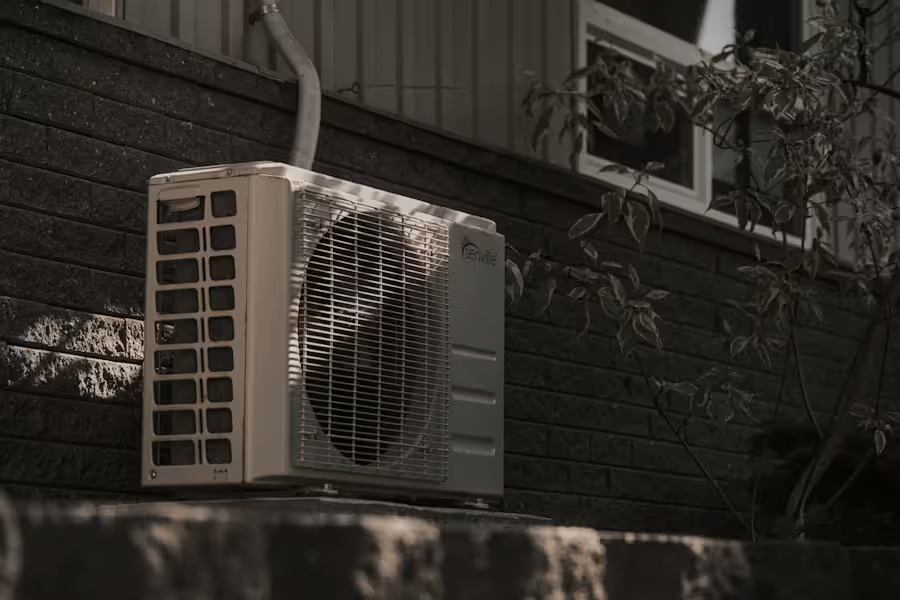




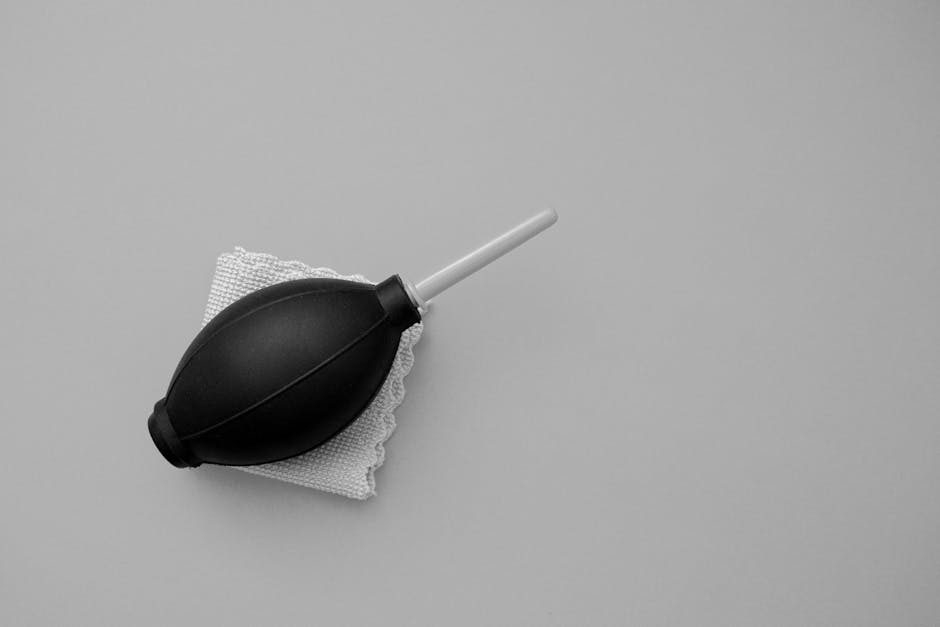
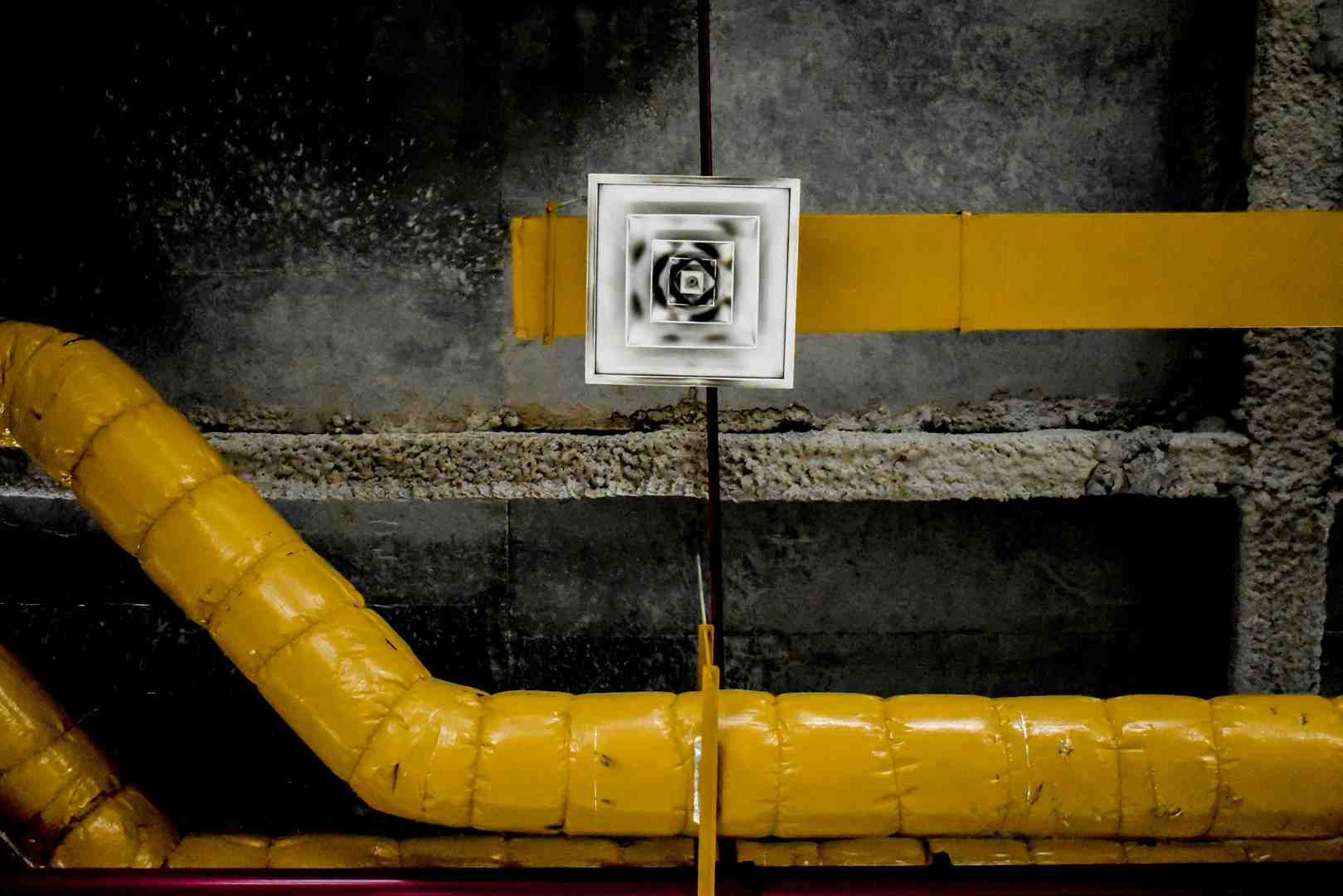
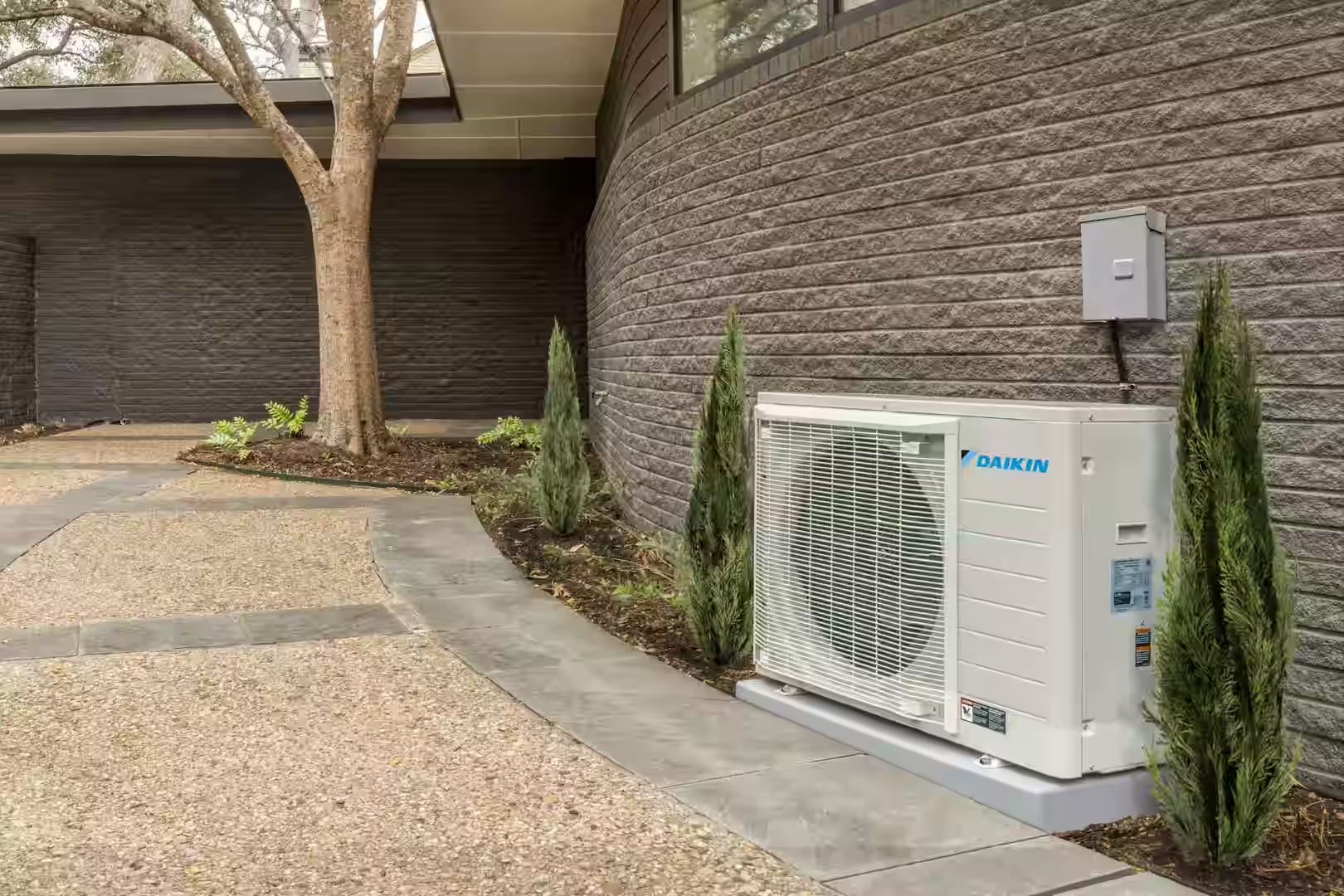
.png)
